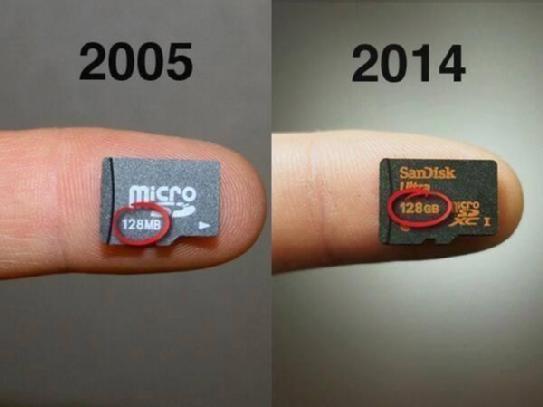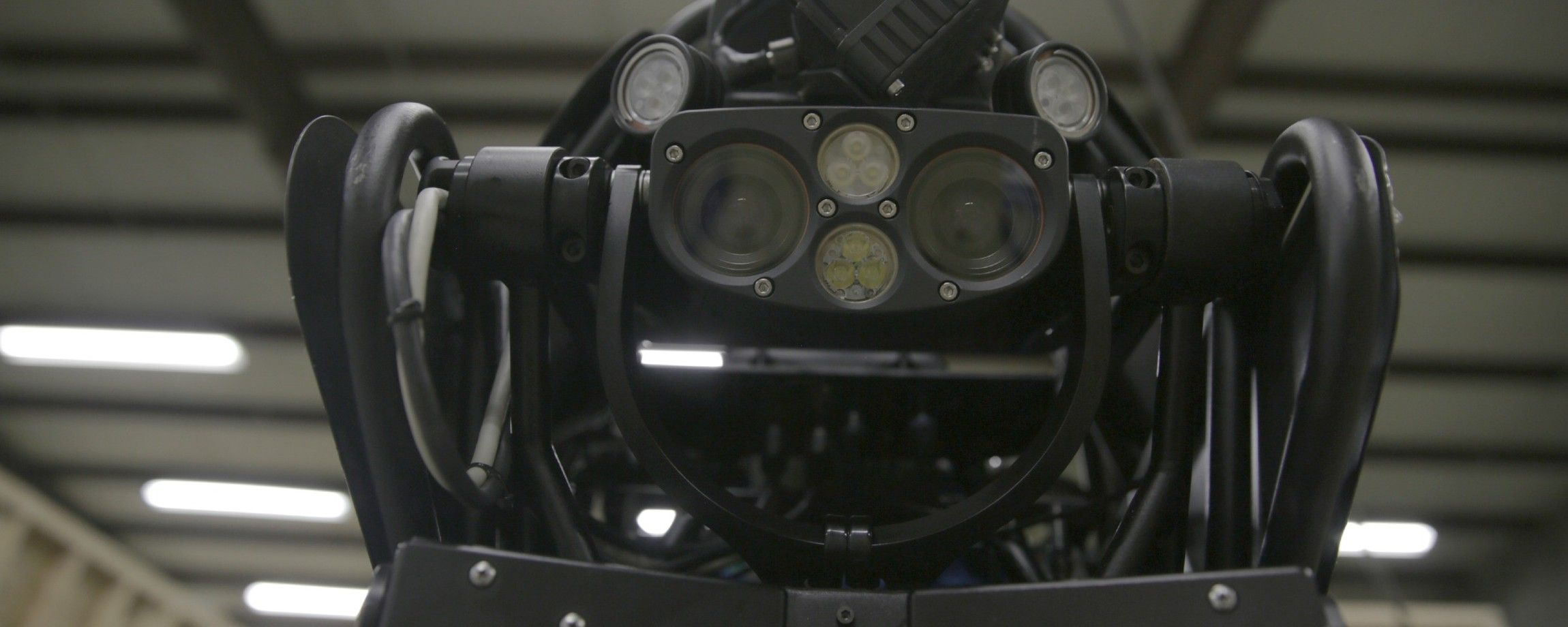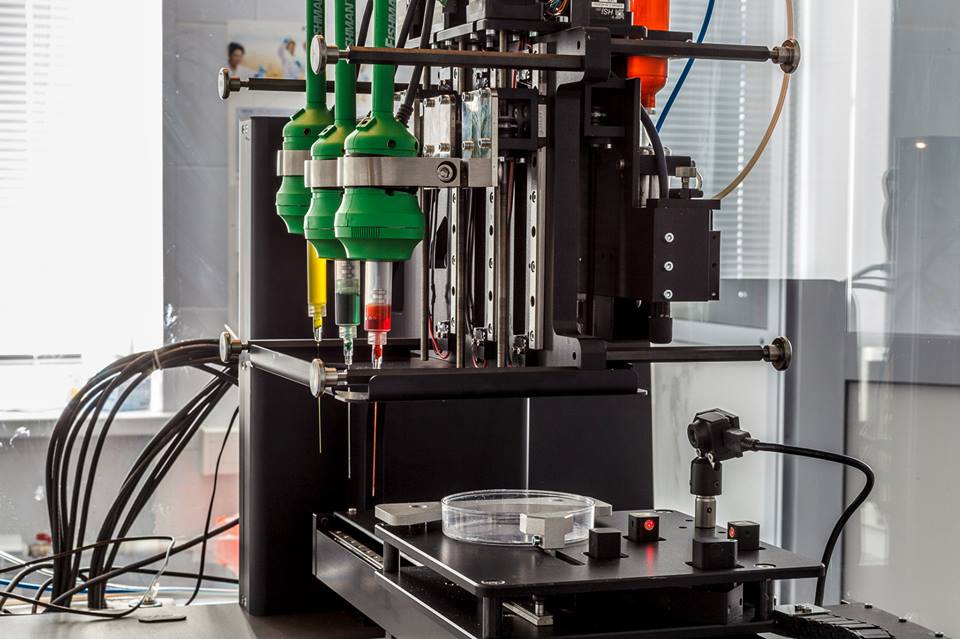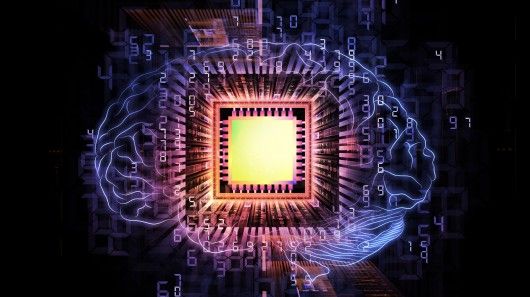Apr 14, 2015
Galactic Public Archives Presents: “New Narratives: Innovation for Jobs” the series
Posted by Johnny Boston in categories: biotech/medical, business, economics, education, engineering, environmental, futurism, government, innovation, robotics/AI, sustainability
‘New Narratives: Innovation for Jobs’ is a series by i4j (Innovation for Jobs) and the GPA exploring perspectives on important topics that will impact the future of work, jobs and employment.
About i4j: (iiij.org/i4j) Innovation for Jobs conferences bring together individuals from the public and private sectors to discuss the changing economy. “We engage in initiatives creating structures for developing shared language across silos. The starting point for any innovation is the creation of shared language, enabling stakeholders and change agents to interact horizontally.”
This film was created at the Mountain View 2015 i4j Conference. What are your hopes and fears about the future of meaningful work?
 ‘New Narratives: Innovation for Jobs’ is a series by i4j (Innovation for Jobs) and the GPA exploring perspectives on important topics that will impact the future of work, jobs and employment.
‘New Narratives: Innovation for Jobs’ is a series by i4j (Innovation for Jobs) and the GPA exploring perspectives on important topics that will impact the future of work, jobs and employment.






 Scientists have been working
Scientists have been working 







